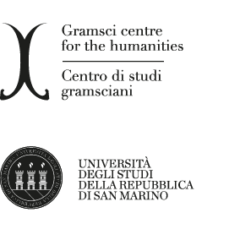“What is the point of knowing the history of the ancient Romans?”
“I use the right not to answer: if we really had to ask ourselves “what is the point” of a fundamental phase of our historical, political and legal identity, we would be in a very bad way. And anyway, who can say to know all the Roman history? Every scholar has his own personalized toolbox and is guided by his own interests, and above all by his own idiosyncrasies. Let’s take the example of Theodor Mommsen (1817-1903): this great historian mastered the history of Rome from the earliest days until late antiquity, moved with ease between political, administrative and economic history, published editions of sources and promoted a monumental corpus of Latin epigraphy. But he deliberately neglected a fundamental aspect such as religion, and even the historical-artistic and iconographic aspects left him quite cold: it seems that he was the one who suggested that the numerous sarcophagi found in one of the necropolis of Concordia Sagittaria (near what is now Portogruaro) should be sawed to extract the inscriptions, which were then set on the walls of the new museum. And if even a major scholar like Mommsen had his limits, let alone today’s researchers, since the logic of the academy tends to reward those who concentrate on narrow themes”.

Giusto Traina, La storia speciale. Perché non possiamo fare a meno degli antichi romani (Roma e Bari, Laterza, 2020)

